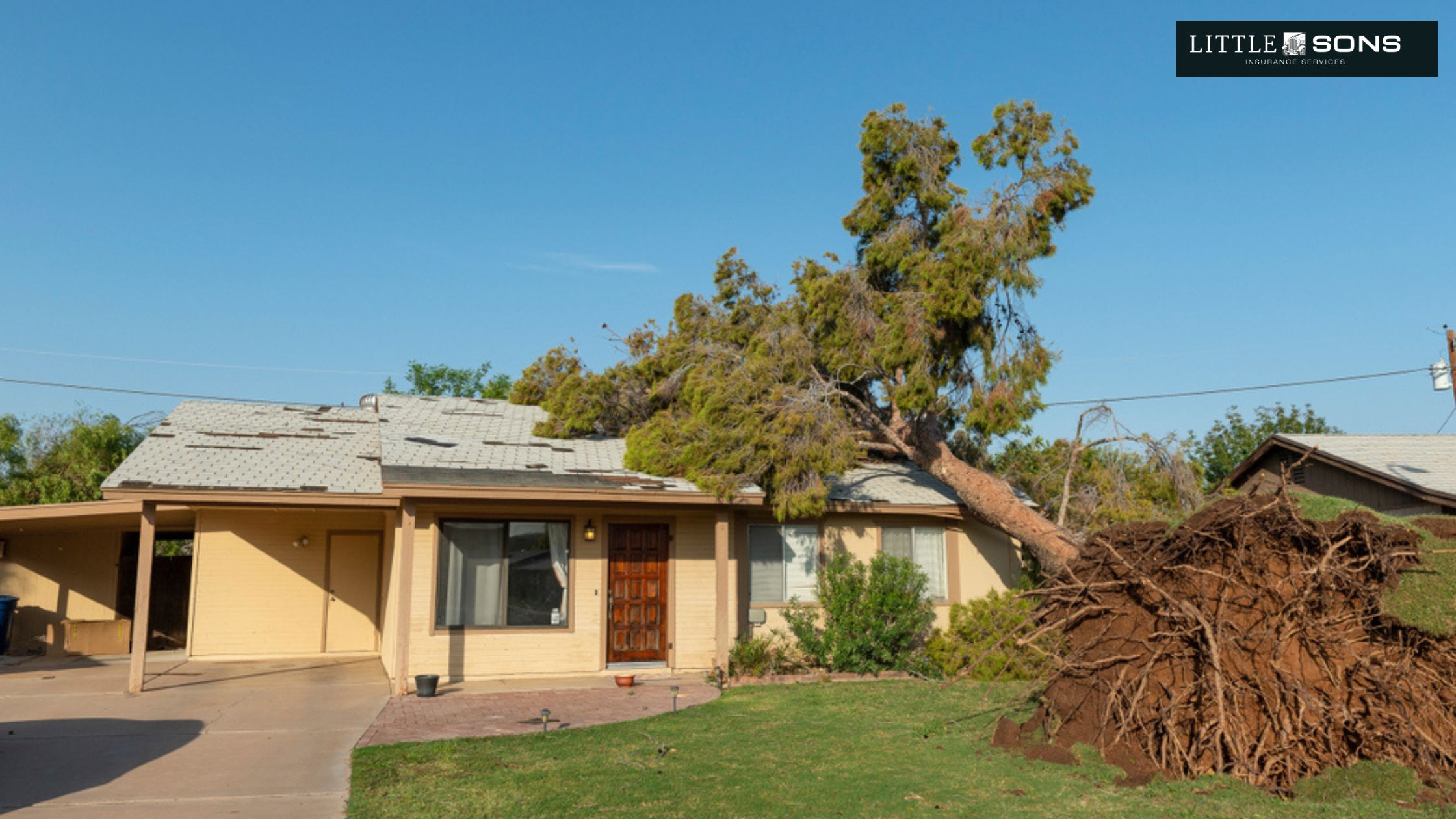



Trees are beautiful and vital to the environment. They offer shade and make our neighborhoods look peaceful and inviting. Many home buyers will purchase a home because they like the trees and how it makes the property look. As beautiful and stately as trees are, they can also cause extensive damage to your property or that of your neighbors if they fall or lose their limbs. Your homeowners insurance can help if your trees need to be removed. To find out if your claim will be accepted, you need to know a little about your policy.
Damage to your roof and siding caused by fallen limbs is probably the most commonly reported. Driveways can be blocked by large limbs, and utility lines may be knocked down. If limbs fall on your home or crash into your siding, you may also be vulnerable to water damage inside your home. Trees that are very large may impact your neighbor's property as well.
Your homeowners insurance will generally cover tree removal if the tree was damaged during a peril or event that is covered by your policy. This includes high winds, tornadoes, heavy snow or ice, and lightning strikes. If you have hurricane or earthquake coverage, this may also be included.
If a tree is dead or dying, it will more than likely not be covered if it falls or damages your property. Proper tree maintenance is essential. If you don't maintain your trees and they start to die or deteriorate, you will be responsible for any damages they cause as well as their removal from your property. If you have questions, call an arborist and have them inspect your trees.
In most cases, your neighbor's policy will take care of any damage to their property if one of your trees should fall. The only way your insurance will get involved is if your neighbor can prove that you are liable. This may occur if they can show you were negligent in caring for the trees located on your property.
A standard homeowners policy will usually provide a specific amount for the removal of fallen trees and debris. This can be anywhere from $500 to $1,000. Other companies set aside a percentage for debris removal, usually between 5% and 10%. You will want to talk to your insurance agent to ensure you have enough coverage to take care of the situation.
If you have questions or concerns about tree damage and whether or not you have sufficient coverage, contact the agents at Little & Sons Insurance Services right away. Our agents know how serious this type of situation can be. We have answers to most of your questions and can help you go over your policy to ensure you have the level of coverage you feel comfortable with. Schedule an appointment with our agents today, and we will get you covered!
[ShortCode=form-id-112~ThanksPageUrl=thank-you-page.html]